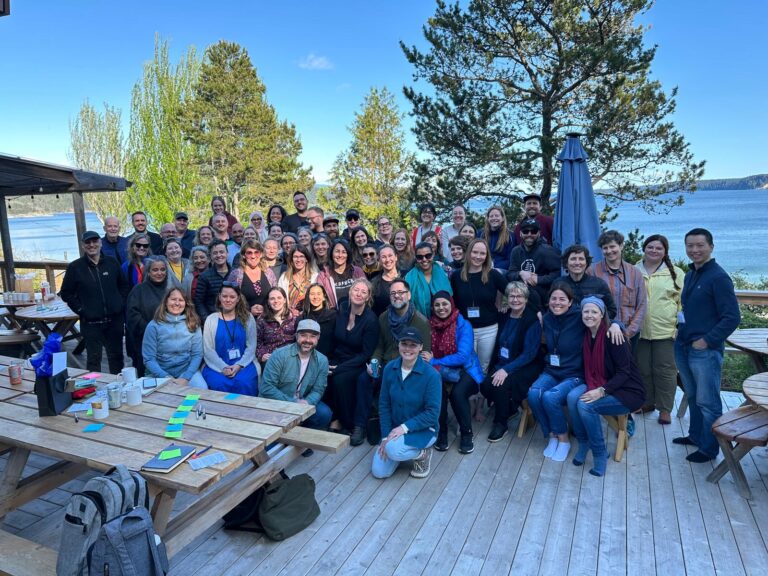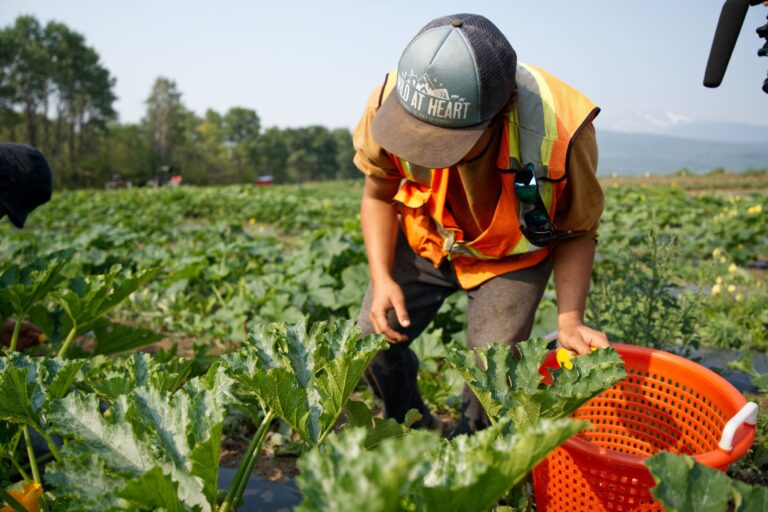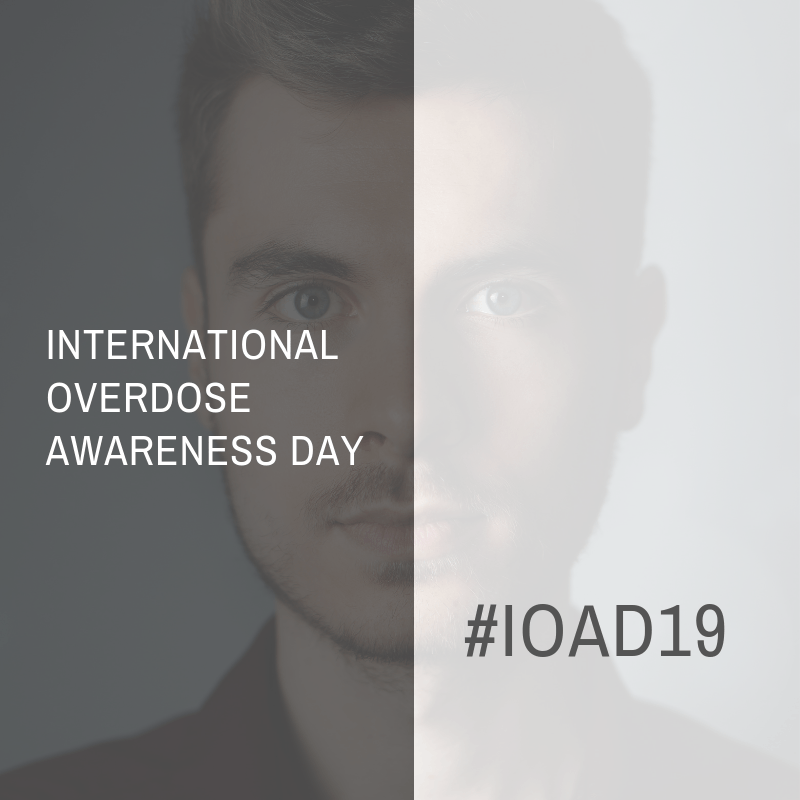
30 August 2019
International Overdose Awareness Day 2019: a time to remember and a time to act
Tomorrow, August 31, is International Overdose Awareness Day. It is a day for remembering everyone we’ve lost. It’s also a day for action and connection. The opioid overdose crisis is huge, systemic, and overwhelming. Simultaneously, it is deeply personal.
Communities across Canada continue to be tragically affected by the ongoing opioid overdose crisis and each one of us knows someone who has been impacted by this crisis in a tragic way.
For the past several years, our team has been working in communities across British Columbia (BC) to co-create compassionate, action-driven dialogues around this crisis. The conversations are difficult, complicated, and they take time. They are also an essential part of reducing stigma and spreading awareness. For the most part, the conversations have taken place in the context of the Community Action Teams (CATs) we’ve been working with.
Community Action Teams are admirable example of communities working together to find solutions to complex social challenges. CATs in British Columbia tend host representation from the health sector, from municipal governments, from local Indigenous leaders and representatives, from local non-profit agencies, from the RCMP and other first responders, from service providers and front-line workers, and, very importantly, from those with lived experience of drug use.
The purpose of these teams is to bring a range of sectors into the same room, to build compassion and efficacy across sectors, and to find ways of working together so that communities can identify and then receive the supports and resources they need. British Columbia’s Mental Health and Addictions Minister Judy Darcy has called the Community Action teams a “boots on the ground” approach.
We have witnessed how beneficial these cross-sectoral conversations can be: they are an essential part of strengthening social ties and generating ways forward together. Together, members of CATs are creating foundational paths forward as communities identify their own capacities to work in response to this crisis.
The BC-based Community Action Teams (CATs) with whom we work have generated diverse, on-the-ground responses to the opioid overdose crisis. Our working philosophy with CATs across the province is rooted in the idea of building dialogues and actions that ensure people with lived experiences of drug use are heard. We know their experience and expertise is crucial to finding solutions that will work.
Below are a few examples of the incredible work being done by CATs throughout British Columbia.
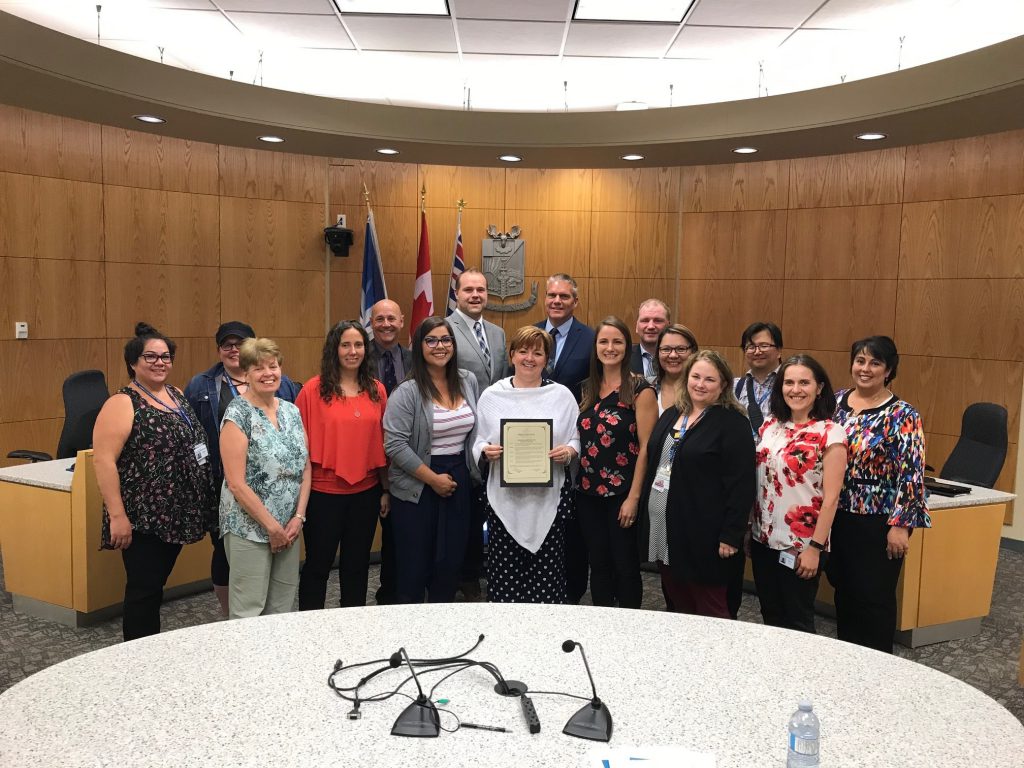
Healthy FSJ receives a proclamation for Overdose Awareness week from the City.
In Fort St. John, the CAT, which includes over 30 community organizations and 65 individuals, has conducted programming and initiatives related to prevention, education and awareness, harm reduction, treatment, and aftercare of drug use. They have also built a website which includes resources, principles, and videos. In addition to their website, Healthy Fort St. John has produced several important videos and is working on continuing to build awareness and empathy in the community:
- It’s Here – The Opioid Crisis in Fort St. John
- Healthy Fort St. John awareness video
- Council proclaimed August 25-31 Overdose Awareness Week.
In Kelowna, the conversations between CAT members generated a desire to meaningfully employ people with lived experience in ways that would raise awareness, compassion, and care throughout the community. In conjunction with other community partners, the CAT spearheaded an initiative that is now a social enterprise. PEOPLE Employment Services (the acronym stands for: Paid Employment Opportunities for People with Lived Experience) trains its participants in areas such as non-violent communication, financial literacy, self-care, Indigenous history, and resilience in the workplace. It then sets up contracts with employers in the community and hires the individuals from the cohort to fulfill those contracts. PEOPLE’s first cohort celebrated their graduation in July.
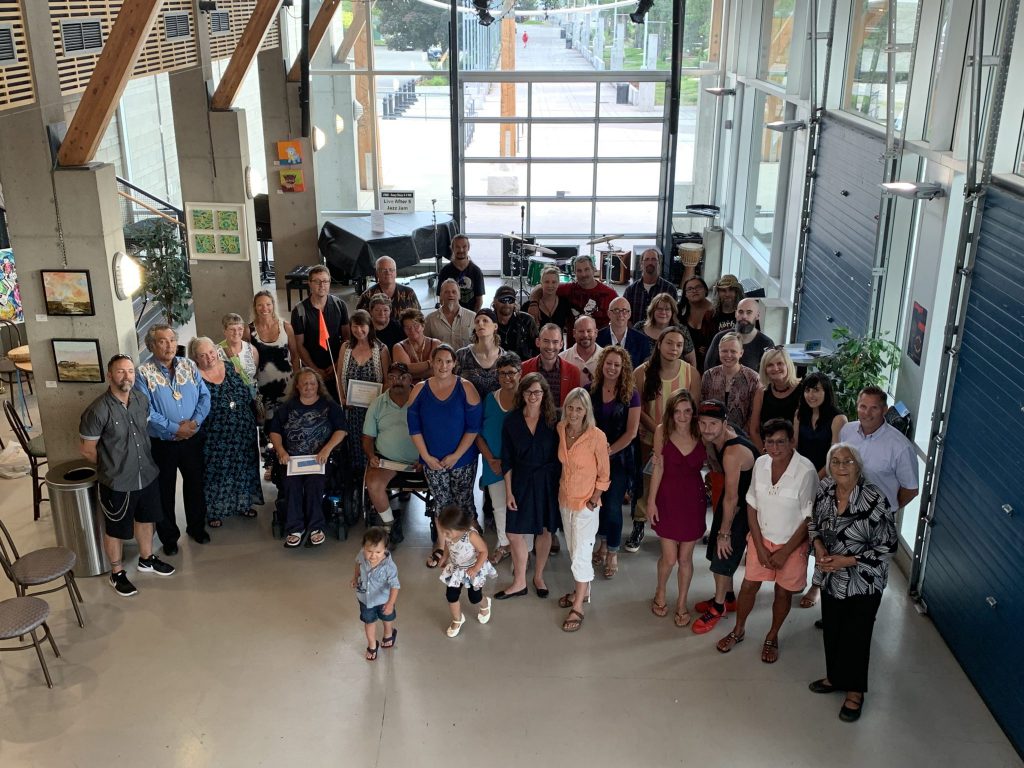
PEOPLE’s first graduating class, July 2019
In Vernon, the community has been successful in working together to address the range of community challenges connected to the crisis through collaboration. The leadership of the City, Social Planning Council of the North Okanagan, non-profit organizations, and businesses have supported a committee called Partners in Action. In response to the opioid crisis, Partners in Action mobilized the Harm Reduction Action Team (HART) to function as the local CAT. Together, the community in Vernon continues to work toward finding creative, local solutions to the range of challenges that come with this crisis.
In addition to the community-led dialogues our team has convened throughout BC, we are currently involved in organizing and convening a provincial conversation that will highlight the specific experiences Indigenous and rural communities have faced throughout the crisis. This event, called the Rural and Indigenous Overdose Action Exchange, will take place in Kamloops, BC in early October. The Exchange will bring together close to two-hundred people from across the province to share ideas and plan for collaborative action with attention to rural and Indigenous perspectives and community-driven solutions. The Exchange is being designed in collaboration with a cross-sectoral committee that spans the province.
Communities across Canada are building awareness and compassion every day in ways that are truly admirable. The local experiences and expertise of each community are essential to driving the kind of systems change we need to see in order to save lives. Tomorrow, for International Overdose Awareness Day, we’ll be reflecting further on how we can build empathy, compassion, and action with the communities and people with whom we work.
Important Resources and Information:
- International Overdose Awareness Day
- Opioid Overdose in BC Fact Sheet
- BCCDC Harm Reduction Services
- Moms Stop the Harm
In the News:


